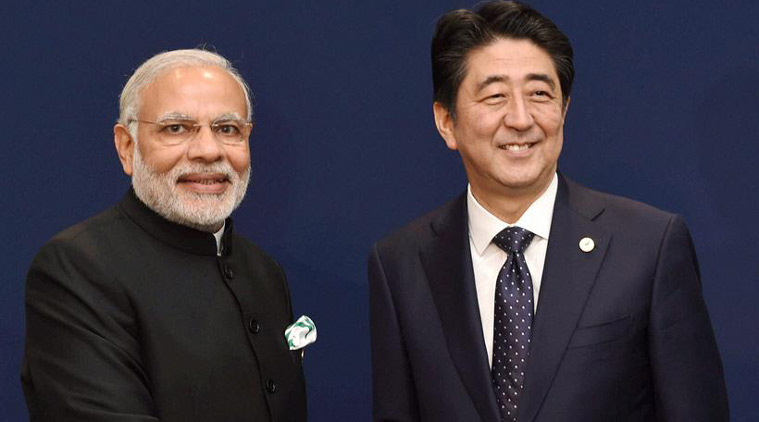An extraordinary leader, freedom fighter and architect of the integration of India, Sardar Vallabhbhai Patel, better known as “Iron Man of India,” remains an enduring icon of patriotism, nationalism and the spirit of public service. In a fitting tribute to this giant, India will be launching week-long celebrations on Sardar Patel’s birth anniversary on October 31, which has been aptly designated as Rashtriya Ekta Divas or National Unity Day.
A quintessential self-made man, Patel’s life story exemplifies the sheer power of will, hard work and sincerity as he scripted a new life for himself first as a lawyer, and then as a freedom fighter and nation-builder amid trying circumstances.
Given his formidable organizational abilities and unflinching commitment to nation-building, Sardar Patel was appointedas the first deputy prime minister and home minister of independent India, the crucial posts which brought out the best in him and help create an integrated and unified India as we know it now. Patel the Unifier is justly remembered for his iron will and firmness with which he facilitated the integration of over 500 princely states into the framework of federal India.
A pragmatist and realist to the core, Patel was a sharp observer of the international scene and advocated a realistic foreign policy in place of a symbolic idealism. He consistently advocated that no move must be adopted that would compromise the territorial integrity of India, and in particular, cautioned against internationalizing the Kashmir dispute. “I should like to make one thing clear, that we shall not surrender an inch of Kashmir territory to anybody,” Patel famously said.
Sardar Patel may have lived only two and a half years after India’s independence, but in those few months, he shaped the narrative of a modern, strong and self-reliant India. Often compared to Germany’s legendary leader Otto van Bismarck for his key role in the integration of princely states into India, Patel contributed to nation-building in myriad ways.
Decades after his death, Sardar Patel’s absolute love and devotion for India continues to inspire all those who are engaged in the resurgence of India. Tributes and honours continue to pour in for this legendary figure to this day.
Read More









